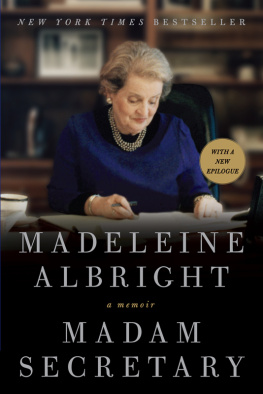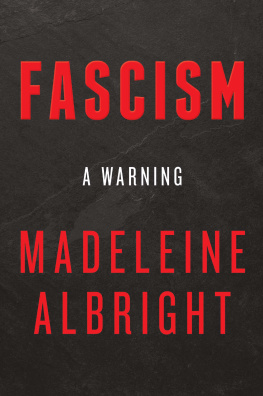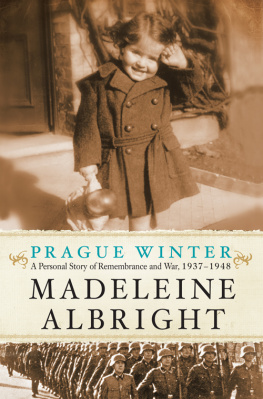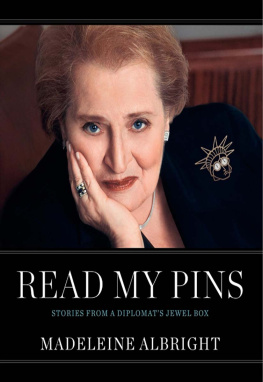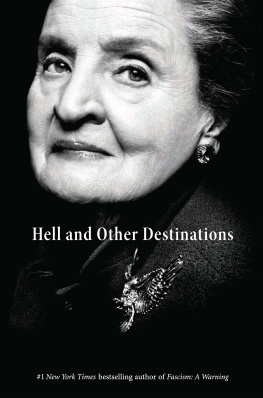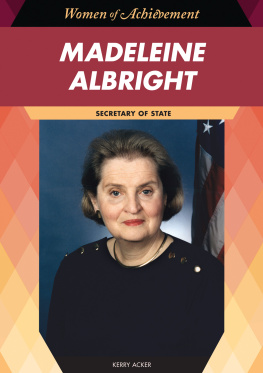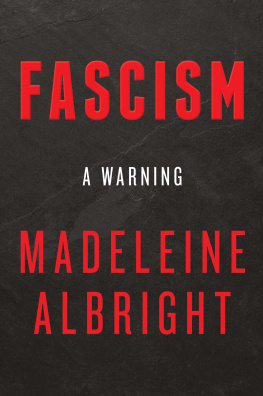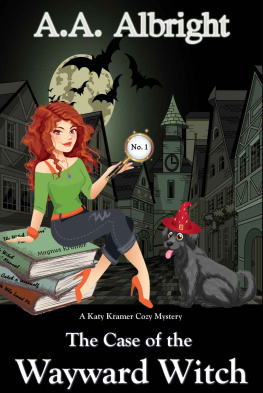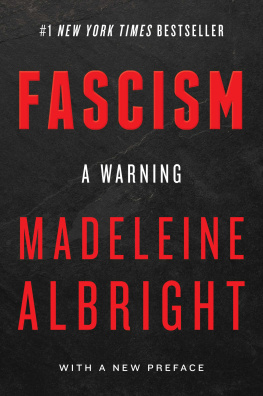M Y TELEVISION WAS ALIVE with images. In Pragues historic Wenceslas Square the crowds were chanting slogans and waving signs reading Posledn Zvoen, the last bell. Demonstrators rattled the keys in their pockets, emulating the sound of a bell tolling the end of four decades of Communist rule. On a balcony that overlooked the vast and ebullient gathering stood Alexander Dubek, hero of 1968s short-lived Prague Spring, and Vclav Havel, a dissident playwright about to become one of the worlds most respected figures. A month earlier Havel had been arrested. A month later, he would be inaugurated president of a new Czechoslovakia. The date was November 24, 1989. This is it, I said out loud to myself, in amazement, joy, and relief. Thank God.
East Germany had abandoned the Berlin Walls checkpoints on November 9. On November 10, the supposedly stolid Bulgarians ousted their longtime Communist dictator. By then Hungary was already preparing for elections and Poland was ruled by Solidarity. What about Prague? A few days later, in an op-ed in the Washington Post , I wrote sadly, Czechoslovakia, the country that provided much of the intellectual underpinning [for overthrowing Communism]... is [still] hiding behind a self-imposed iron curtain and criticizing those who dare to practice the freedoms that Czechs and Slovaks themselves enjoyed briefly 21 years ago.
Within a week my gloom was dispelled. On November 17, marching students veered from their approved route and strode boldly into the center of Prague. Police descended upon them, beating them brutally. Instead of dispersing, the students rallied. Then their parentsappalled by the viciousness of the authorities and amazed by the bravery of their childrenjoined them in the streets. The spirit of dissent surged. The entire Czech Philharmonic Orchestra turned up to play for the protestors, whose numbers grew daily until three hundred thousand Czechoslovaks were crammed into the square. Exuberant demonstrators pointed out that when 68 is turned upside down, the number reads 89. Prodemocracy coalitions were rapidly assembled by Czechs (The Civic Forum) and Slovaks (Public Against Violence), calling for the resignation of President Gustv Husk and other party officials. Finally, two days before the end of 1989, Dubek was elected Chairman of the Federal Assembly and Havel President. Communism was dead in Czechoslovakia. The Velvet Revolutionso called because of its peaceful characterhad triumphed.
Although I was thousands of miles away in Washington, I subscribed to a press service that provided detailed descriptions of daily events throughout Central and East Europe, events I followed avidly. I also led discussions in my classes at Georgetown. I knew all the personalities and felt I was there in spirit.
T HE I RON C URTAIN had descended upon Central and East Europe in the late 1940s. In most places the voices of dissent were stifled and, to the West, unheard; but once or twice a decade a wind arose that caused the Curtain to part just long enough to sustain hope that freedom would one day be restored. In 1948, Tito broke with Stalin. In 1953, there were riots in East Germany. In 1956 first the Poles, then the Hungarians tried to rebel. In 1968, it was the Czechoslovaks turn. In the late 1970s, Polish dockworkers launched the Solidarity movement, prompting the imposition of martial law in 1981. Then there was Nicolae Ceauescu in Romania, whose rule began in 1965 and spanned almost a quarter-century. At the outset he was a breath of fresh air, defying the Soviets and proposing reforms, before he turned into a destructive tornado.
The cement holding the Soviet empire together had been stressed, but it didnt crack until 1985, when Mikhail Gorbachev became general secretary of the Soviet Communist Party. Gorbachev engineered a program of economic restructuring ( perestroika ), coupled with a new social and intellectual approach ( glasnost ) that challenged the assumptions upon which the Soviet system had been built. He made clear that the satellite states no longer had to take orders from Moscow. Suddenly the emperor was more liberal than his princes. The aging, backward-looking leaders of the satellites were exposed as inept hacks; the shift in Soviet attitudes reinforced changes throughout East Europe. Dissident movements bloomed. The Hungarians implemented economic and political reforms, developing their unique brand of goulash Communism. In Poland authorities were pressured into lifting martial law, giving Solidarity a second life. East German officials thought they had everything under control until Gorbachev, on hand to help celebrate their regimes forty-second anniversary, warned that without change there would be massive popular resistance.
Relatively little attention was paid to Czechoslovakia, and I understood the reasons for that. The Soviet invasion of 1968 had broken the spirit of many. People turned inward and spent as little time as possible at their jobs. Instead they put their energy into building weekend countryside retreats, or chatas , to which they disappeared as early on Fridays as they could. But the shoots of Prague Spring, not altogether destroyed, began slowly to push back above ground.
Oddly, American rock music provided one source of nourishment. A group called the Plastic People of the Universe, named after a Frank Zappa song, was formed one month after the Soviet invasion. Its concerts attracted such large crowds that the authorities prohibited the group from playing in public. Planning in secret, the band continued to perform, until its members were arrested and charged with disturbing the peace and playing music with an antisocialist and antisocial impact. The groups trial was viewed as a key test by intellectual dissidents. Shortly after its conviction, on January 1, 1977, more than 250 writers, professors, and human rights activists signed a manifestoCharter 77calling upon the Czechoslovak government to respect the civil and political rights embodied in the Helsinki Final Act, which Soviet bloc members had signed sixteen months previously. One of the leaders of Charter 77 was Vclav Havel, who was arrested on several occasions and spent more than four years in jail.
Religion also played a role. Even to young people raised as atheists, defrocked Catholic clerics became heroes. The priests, forced to take menial jobs such as cleaning latrines, officiated at clandestine church services. But until 1989, these and other moments of rebellion seemed no match for the crushing weight of the Communist state.
I was naturally curious about events in my native land, and in 1986 seized the chance to visit as part of a U.S. Information Agency educational program. For protection I stayed with the American charg Carl Schmidt and his wife, Rika, both great sources of information about what was going on. I knew I had to be discreet, because Czechoslovak authorities, nervous about the continued activism of Charter 77, were cracking down, but I hoped nevertheless to talk with some dissidents. A U.S. official had quietly arranged an evening meeting. By chance, U.S. Senator Larry Pressler of South Dakota was also in Prague at the time and had been told of the rendezvousabout which he was a little too enthusiastic. Sharing a car earlier in the day, he had asked, Will there really be dissidents at this meeting?
Since the car was almost certainly bugged, I signaled him to be silent.
Which dissidents will be there?
I signaled again.
Why wont you tell me about the dissidents?
I put my hand over my mouth, shook my head, and pointed to imaginary bugs.
That evening we were told the people we were supposed to see couldnt come because they were being watched, so Pressler stayed away. But one leader of Charter 77, Martin Palou, showed up anyway because he hadnt yet gone home to where the police were staked out. The two of us talked for almost four hours. About midway we received a call from Pressler. Hello, Madeleine, he said over the open phone line, I heard some dissidents did show up. Are they still there? I said quickly, You must have the wrong number, and hung up. A little later there was a knock on the door. It was Pressler. He strode straight over to Palou and poked him repeatedly in the chest with his finger. Are you really a dissident? he asked. I wasnt sure whether to laugh or cry.
Next page
